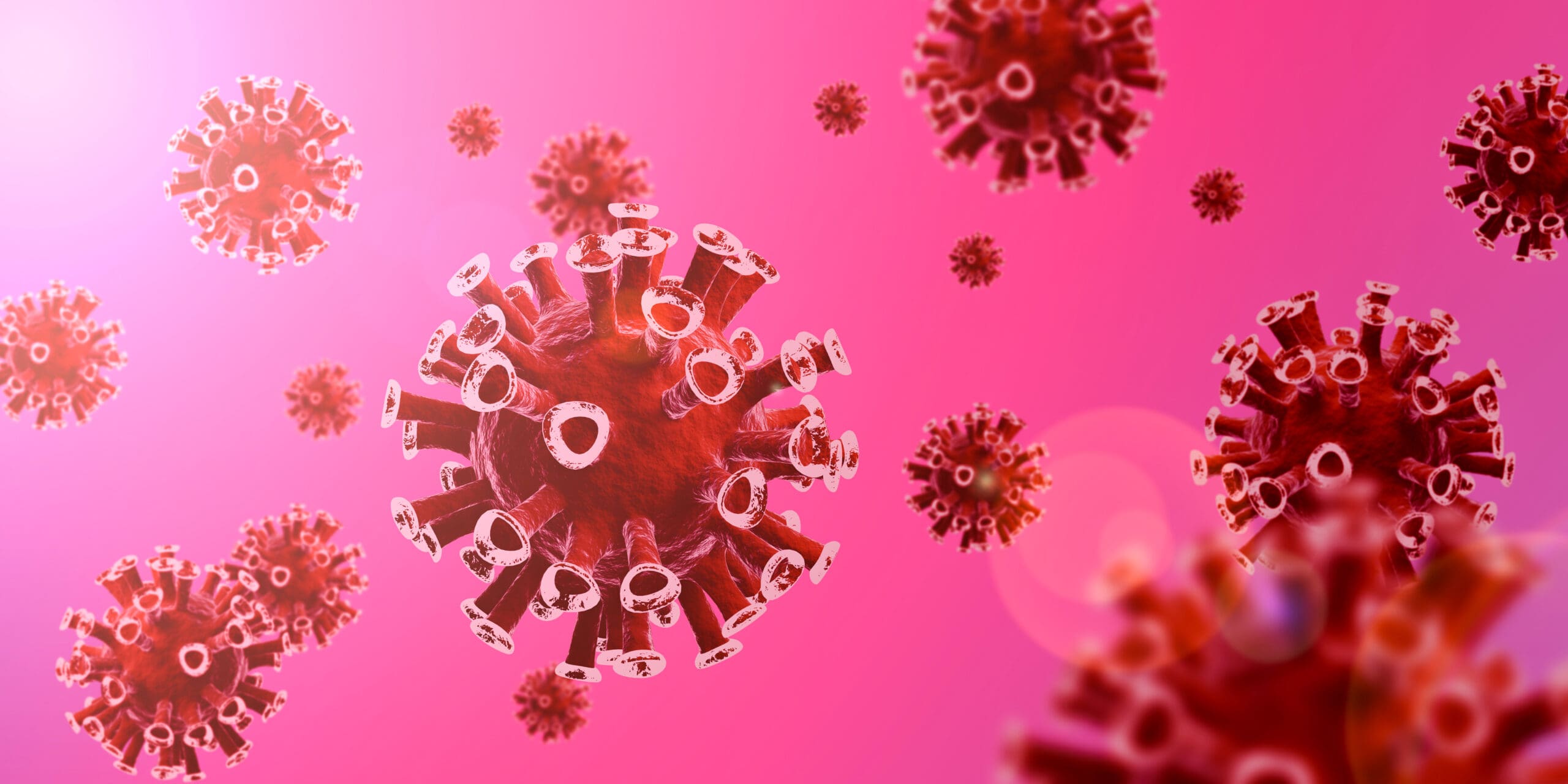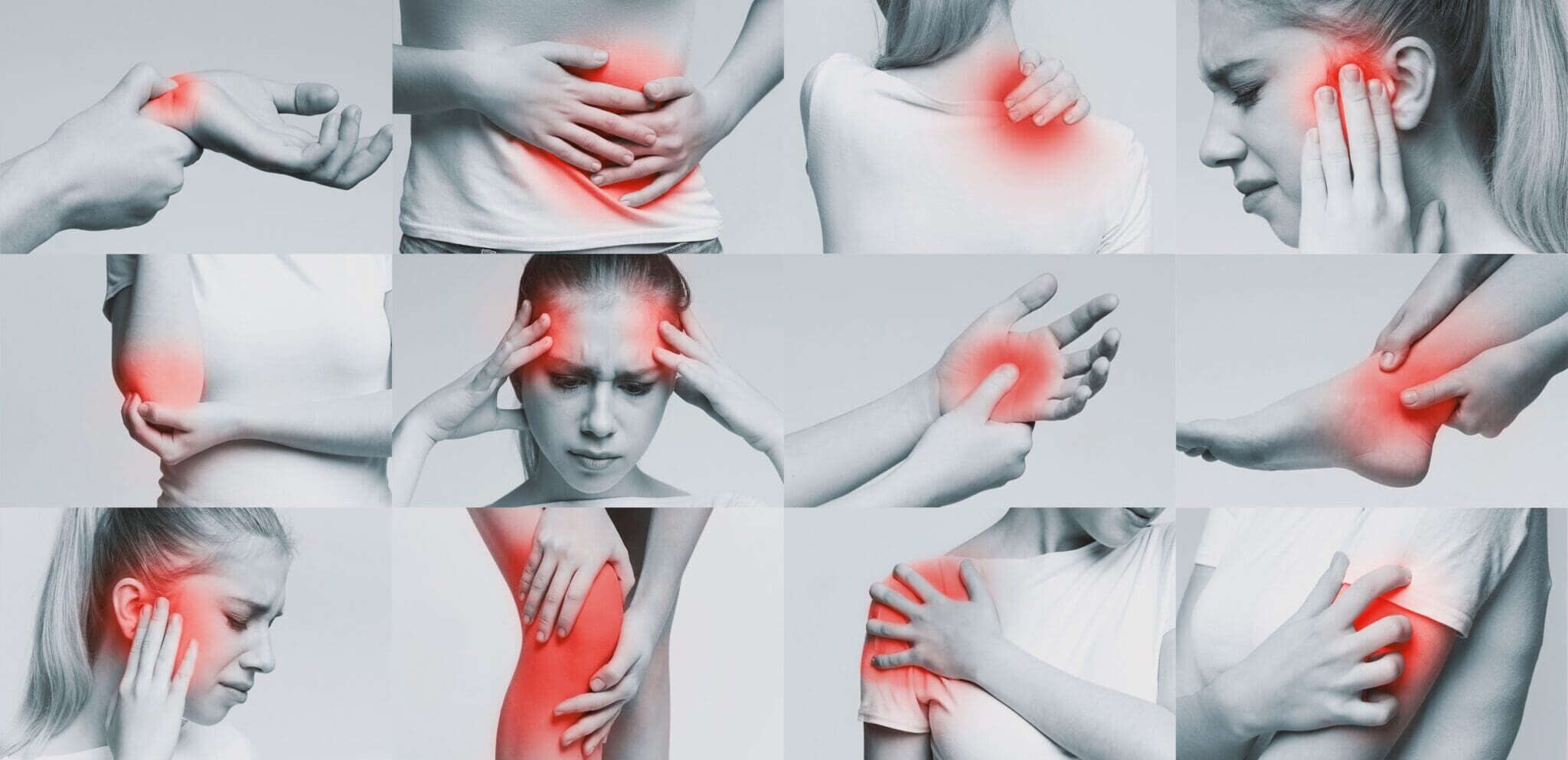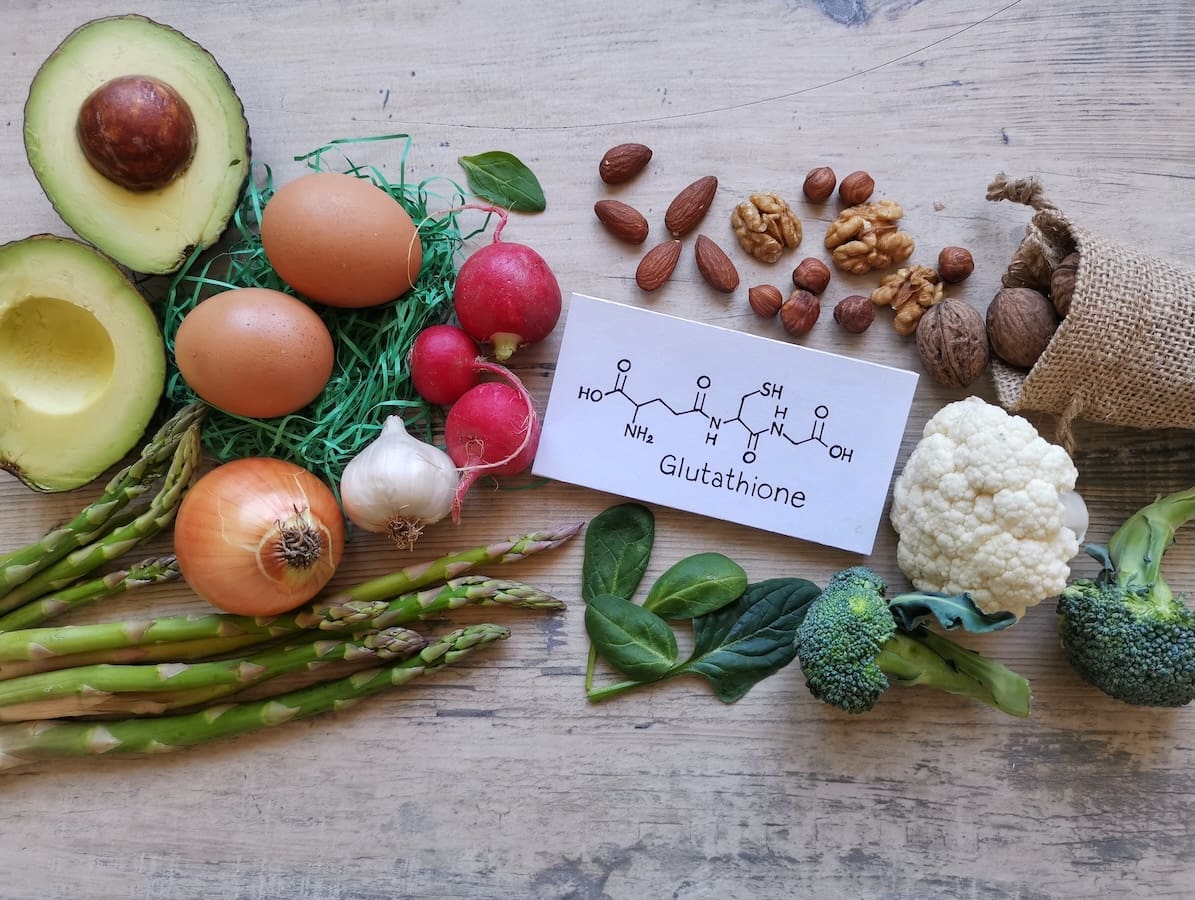Keep your lymphatic system healthy
By naturopath Margaret Jasinska
Did you know your lymphatic system plays a major role in keeping your body healthy? Its main functions are detoxification and protecting you against infections. Understanding the workings of your lymphatic system can offer you insights into keeping your body healthy.
The lymphatic system consists of the following: lymph, lymphocytes, lymph vessels, lymph nodes, tonsils, the thymus gland, Peyer’s patches of the intestines, and the spleen. Fluids move out of our blood capillaries, into tissue spaces, and then enter lymph capillaries. The fluid that enters these capillaries is called lymph. Lympha means water, and this describes the clear, colourless appearance of the fluid.
We actually have approximately three times the amount of lymph fluid in our bodies as we do blood.
Lymph capillaries join to form larger lymph vessels. Blood is pumped around our body by the heart’s contractions, but that is not the case with lymph. Most of the time lymphatic fluid flows against gravity. Three factors help to keep it moving:
- Contractions of surrounding skeletal muscles during exercise or daily activities. This can increase lymph flow by as much as 10 to 15 times. Hence the importance of exercise.
- Contractions of smooth muscle in the lymph vessel walls.
- Movements of the chest during breathing. Hence the need to avoid shallow breathing.
So just by increasing your activity level and breathing deeply, you will be cleansing your lymphatic system.
There are many lymph nodes located along the lymph vessels. They function as collection sites, and lymph must pass through them before it enters the blood. Eventually lymph vessels join to form either the right or left subclavian vein. Vessels from the right arm, right side of the head and neck enter the right lymphatic duct. Lymph vessels from the rest of the body enter the thoracic duct. From here lymph enters the general circulation.
The lymphatic system performs three main functions
- It maintains fluid balance in the body. Substances in blood such as nutrients, gases, some protein and ions leave blood capillaries and become part of the lymph. Also substances inside cells such as waste products, hormones and enzymes enter lymphatic fluid.
- It absorbs fats from the digestive tract through vessels called lacteals. These are found in the lining of the small intestine. Due to its fat content, lymph here has a milky appearance.
- It acts like a garbage collection service. It filters the bloodstream of toxins and wastes. Lymph nodes contain large amounts of white blood cells that engulf bacteria. If we have an infection, the nodes closest to the site enlarge because many white blood cells multiply inside them. This enlargement of the lymph nodes can make them sore and tender.
The spleen is located high up on the left side of the abdomen and is around the size of a clenched fist. It has two main functions:
- It filters blood through channels called sinuses. Red blood cells squeeze through these channels, and older, worn out cells are destroyed there.
- It assists the immune system by producing large amounts of white blood cells called lymphocytes; which help to fight infections.
The spleen is protected by the ribs, but it is a soft organ, so is fairly easily ruptured through injuries such as occurring from car accidents or contact sports. Sometimes the spleen will need to be removed (splenectomy). In this case the liver and other lymphatic tissues compensate for its functions, although a person is at greater risk of developing infections, so they need to take good care of their immune system.
Support your lymphatic system
- Since the lymphatic fluid is not pumped around the body like the blood is pumped around by the heart, muscular contractions are required to move lymph. Exercise has an incredibly cleansing effect on the lymphatic system by improving its circulation.
- Make sure you drink plenty of water. This is the number one way to keep lymph flowing freely and avoid congestion. If your body is dehydrated you will not be able to detoxify efficiently.
- Dairy products can clog your lymphatic system. If you suffer with fluid retention, sinusitis, post nasal drip, hayfever, asthma or excessive mucus, you may benefit from removing dairy products from your diet; these include cow’s milk and all products containing them. The protein in dairy products is called casein, and in sensitive individuals it can stimulate the production of histamine and mucus. A2 milk is better tolerated by many people, while others need to avoid all dairy products to achieve good health.
- Excessive fats in your diet, particularly hydrogenated vegetable oil can clog the tiny lymph vessels in the intestines called the cisterna.
- Ensure your diet is high in antioxidant-rich foods and you are supporting your liver health. This will reduce the load on your lymphatic system in the first place. If your immune system is strong, you will suffer fewer infections and experience less mucus congestion. A diet high in vegetables and low in sugar is important. Selenium is a mineral that helps to support a healthy immune system and reduces inflammation.
- Saunas and steam baths are very powerful ways to drive toxins out of your body. Research has even shown that saunas can remove pesticides and heavy metals from the body. Some people notice a chemical smell on their body when they have a sauna. Unlike Finland, where just about every home has a sauna; in this country you will have to rely on gyms and health spas. Make sure you drink plenty of water before and after having a sauna or steam bath, because you will lose a lot of water in the process.
- Dry skin brushing is another way to stimulate lymphatic flow. Before you enter the shower or bath, use a loofah or body mitt to vigorously slough the dead skin cells from your body. Make your brushing movements towards the major lymph nodes in the body; in the arm pits and groin areas. Lymphatic drainage massage works on this principle, but at a deeper level.
- The Dr Cabot 15 Day Cleanse is a wonderful tool to detox your lymphatic system. It has three powders which support the function of the liver, gut and immune system. The lymphatic system accumulates toxins from the gut and the environment and can become overloaded and sluggish. The lymphatic system needs to be healthy to fight infections and reduce inflammation.









Very helpful article, thank you !
I enjoy to read all your and Sandra Cabot books.